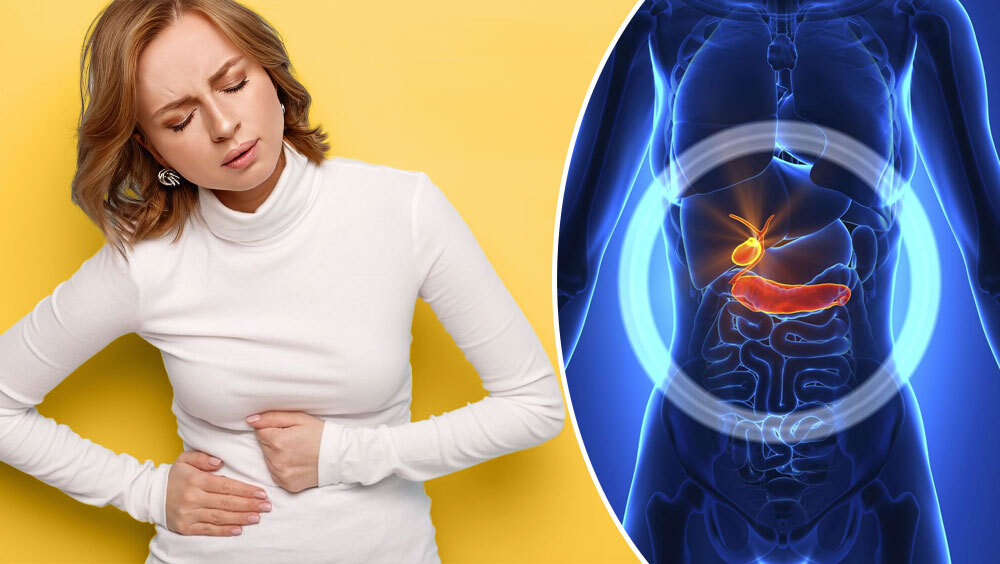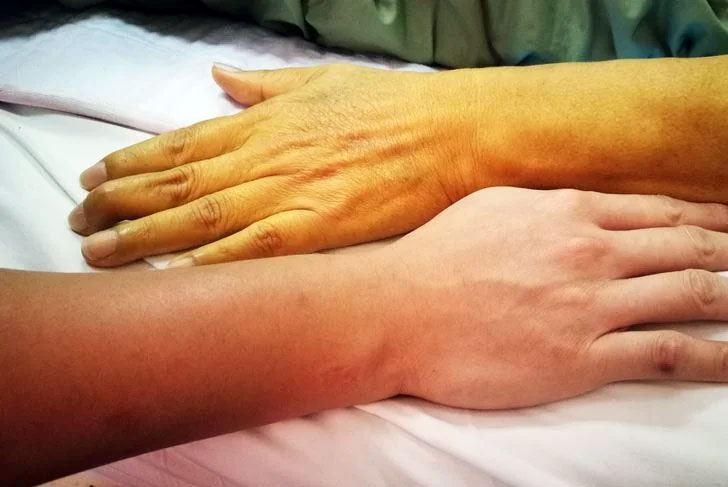Take a journey into the often-overlooked world of gallbladder health with our comprehensive guide on "Gallbladder Symptoms". Uncover the hidden signs your body may be sending. Take a journey into the often-overlooked world of gallbladder health with our comprehensive guide on "Gallbladder Symptoms". Uncover the hidden signs your body may be sending Learn to decode these subtle whispers of your gallbladder, enabling you to stay one step ahead of your health. Empower yourself with knowledge and ensure that gallbladder issues never take you by surprise!
Gallbladder Symptoms:
Abdominal Pain
Fact: Gallbladder cancer is relatively rare but can develop in the gallbladder or spread from other organs. Symptoms may include abdominal pain, jaundice, and unexplained weight loss.

Gallbladder cancer typically presents initial symptoms such as abdominal discomfort. This is a common symptom shared with many other illnesses and diseases. Often, you may experience recurring discomfort on the right side of your abdomen. Some individuals characterize this discomfort as a sensation of heaviness rather than direct pain. This occurs when bile ducts are obstructed by gallstones or cancer, potentially leading to a more acute abdominal pain.




